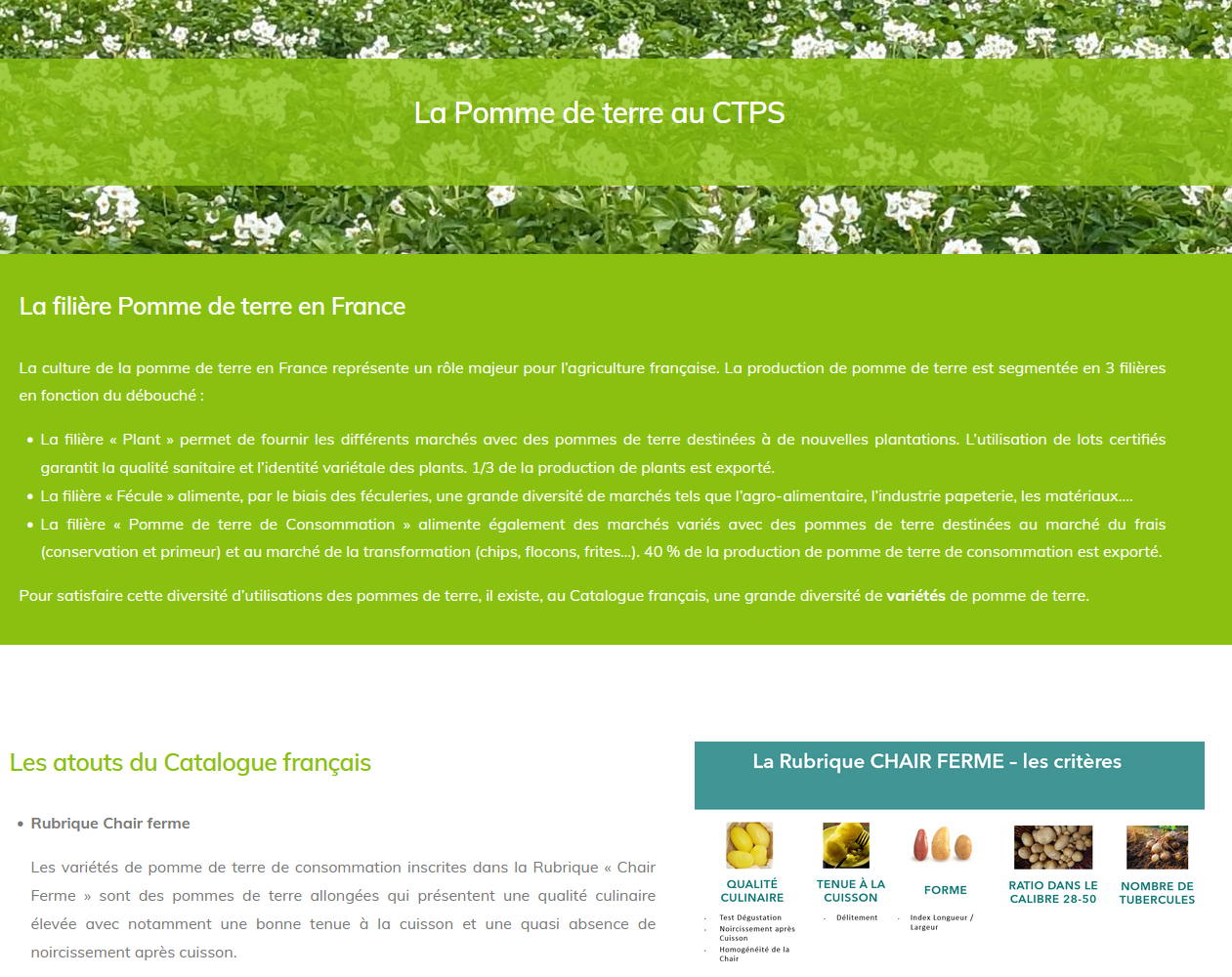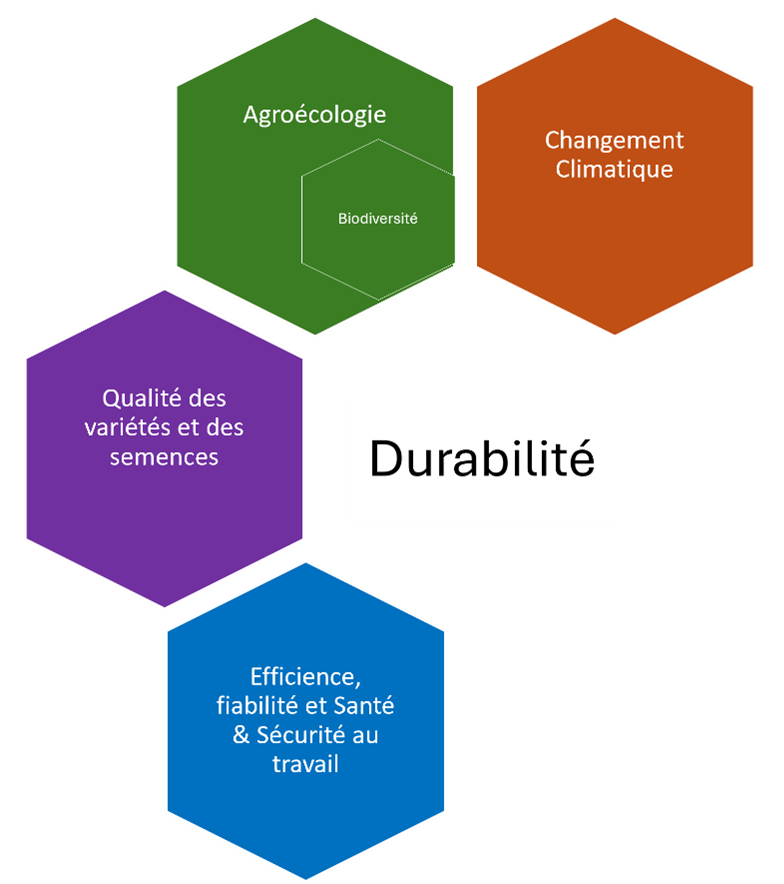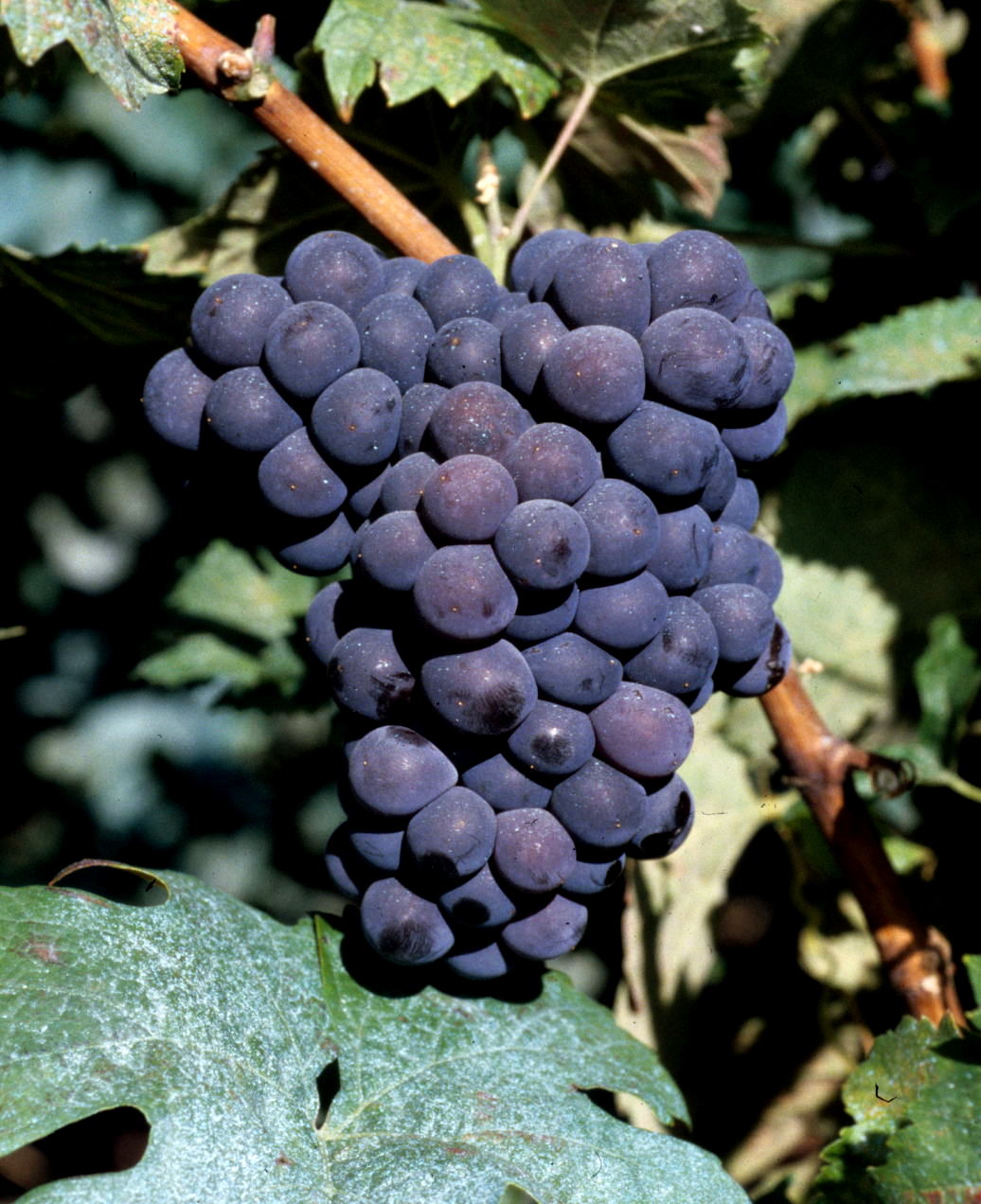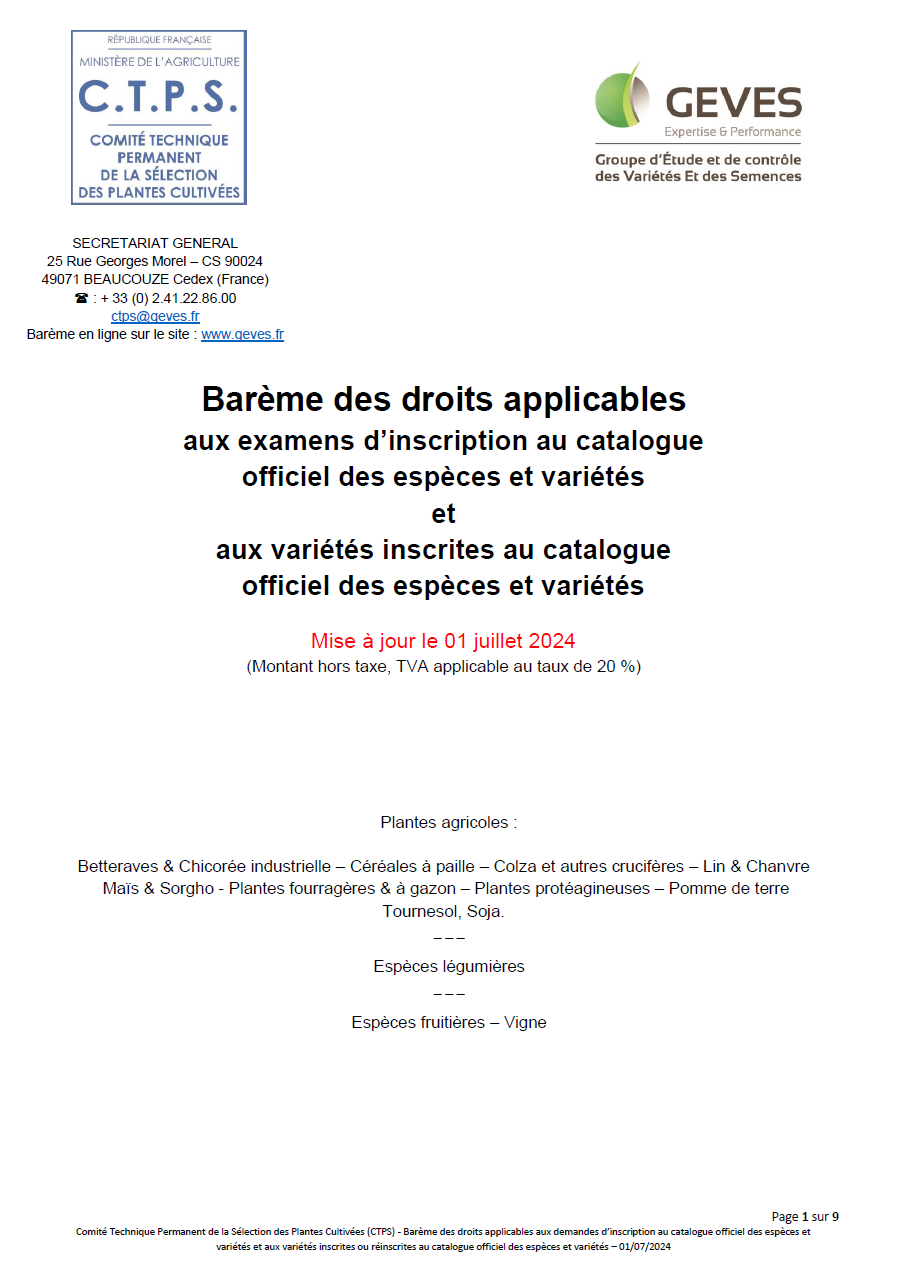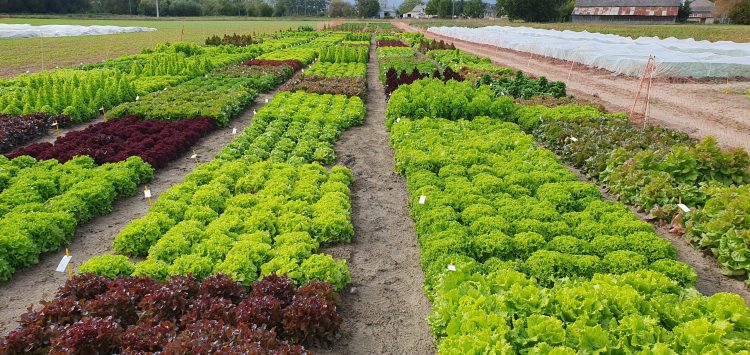
From the CTPS Vegetables Section
At its meeting on 13 December 2023, the CTPS Vegetable Species Section approved the registration of 164 varieties of 27 species (157 varieties on list a, 2 on list c and 5 on list d). A mark of the work of this Section, the diversity of species, vegetable typologies, growing methods and users was once again reflected in discussions on various points, including the development of genetic resistance to diseases and the ways in which this is considered in official studies. Also, since the entry into force of the 2018 European Regulation on Organic Agriculture, this Section has provided an update on the DUS studies undertaken since 2022 on population varieties registered by breeders involved in Organic Agriculture. Finally, the 2 European texts on NGT (New Genomic Technics) and on the future framework of the European Official Catalogue were the subject of intense discussions during this Section.
With less complicated weather conditions overall in 2023 compared with the previous season in 2022, all of the 280 or so varieties applying for registration in the Catalogue in 2023 were able to be studied under good conditions; the volume of activity was also stable compared with the 2022 season. For the varieties that completed their DUS study in autumn 2023, the Section validated the registration proposal for 164 of them, which will be effective in the first quarter of 2024. Some 70 other varieties will continue their DUS study in 2024. The Section meeting in March 2024 will deal with the thirty or so varieties for which the results of the DUS study can be discussed in the first quarter of 2024 (shallots, endive, etc.).
Alongside most varieties registered on list a, the French Catalogue of Vegetable Varieties contains lists c and d, which allow the registration of old varieties threatened with extinction and varieties mainly intended for home consumption (amateur gardeners) respectively. For list c, 2 varieties from the Centre Val de Loire region (1 celery stalk and 1 lettuce) have been proposed for registration. As for list d, although the number of submissions has remained modest over the last few years, with an annual average of 5 varieties, this list remains a gateway for entry and recognition on the markets for the quality of maintenance and the originality of the varieties created for amateurs. At this meeting of the Section, 5 varieties of 5 species (eggplant, Brussels sprouts, cabbage, squash and tomato) were approved for registration.
With regard to genetic resistance to diseases for which some fifty species x pest pairs are tested by the SNES as part of DUS studies of vegetable species, the Section approved the addition of 3 new races of lettuce downy mildew (Bremia lactucae) from the 2024 season, namely races 38, 39 and 40, as part of the CTPS package of 10 races tested by the SNES. Also, on the basis of work undertaken by the breeding sector, the Section validated the inclusion in class 4 of the eggplant x TMV couple, class 4 being the watch class for diseases in development and for which the sector is developing resistant varieties. In other words, class 4 is the antechamber to class 3, the class of diseases for which the applicant declaring varietal resistance carries out a resistance confirmation test in the form of a coded trial.
In addition to the annual changes to the species x disease pairs in the CTPS disease classification, this Section meeting reviewed the initial work of a new CTPS working group on vegetable species diseases, which met in autumn 2023, bringing together disease experts from public (INRAE, L’Institut Agro) and private (UFS) research, varietal prescription (CTIFL, UNILET) and GEVES. This WG brings together field and laboratory skills and aims to share information on epidemiological issues upstream of variety creation, as well as contributing to the development of R&D projects at different stages of maturity in this area.
As regards the examination of population varieties submitted by breeders involved in Organic Agriculture, the Section approved the registration of 2 beet varieties and 7 carrot varieties, varieties studied as part of an evaluation of uniformity according to relative uniformity, a method already included in the classic international DUS protocols. The Section was also informed of the DUS studies underway on courgette population varieties, which will be submitted at the beginning of 2023. At the same time, the Temporary Experimentation defined by the European Regulation on Organic Agriculture and covering 2 test species (carrot and kohlrabi) was initiated on 01/07/23. Its aim is to enable the registration of Organic Varieties suitable for Organic Production (VBAPB) with an authorised uniformity adjustment. However, the population varieties currently registered in France by breeders involved in organic agriculture cannot benefit from the temporary experimentation framework. Finally, GEVES is carrying out methodological work, in particular as part of the European Liveseeding project, both on varieties applying for registration and on material currently being selected for contractual uniformity evaluation.
The European regulatory situation in 2023 was very active and was therefore the subject of extensive discussions at this meeting of the Section, namely the 2 proposals for European Regulations published on 05/07/23 by the European Commission, namely one on NGT (New Genomic Technics) and the other on the future framework of the European Official Catalogue, also known as the PRM (Plant Reproduction Material) text. With regard to this PRM text, the Section discussed the new features it will bring for the vegetable breeding sector, namely the planned changes to the arrangements for marketing seed of varieties not yet registered (known as “Provisional Sales Authorisation”) and the addition of an official evaluation of the Crop Value for Sustainable Uses (VCUD). A special videoconference meeting was held on 08/11/23 to discuss possible ways of implementing VCUD at French level. In terms of the timetable for the adoption of these 2 texts, they have been under discussion at European level since autumn 2023 and will be the subject of further discussions in the coming months and possibly beyond the European Parliament elections in June 2024.
As for anticipating the criteria and methods for observing tomorrow’s varieties, which are expected to be in phase with climate change, the CTPS Scientific Committee has referred the matter to all the CTPS Sections. In particular, in view of its diversity of species and cropping methods, the CTPS Vegetables Section will produce a summary of the observations already made and those expected in terms of the effect of climate change on crops, the expected responses in terms of genetics and also possible adaptations to the methods of studying varieties with a view to their registration in the Official Catalogue.

